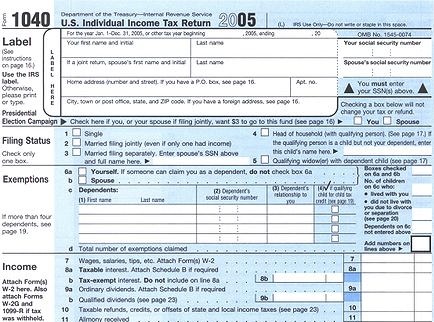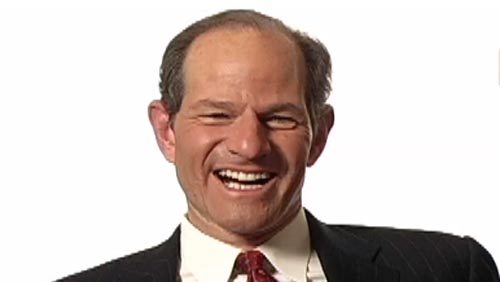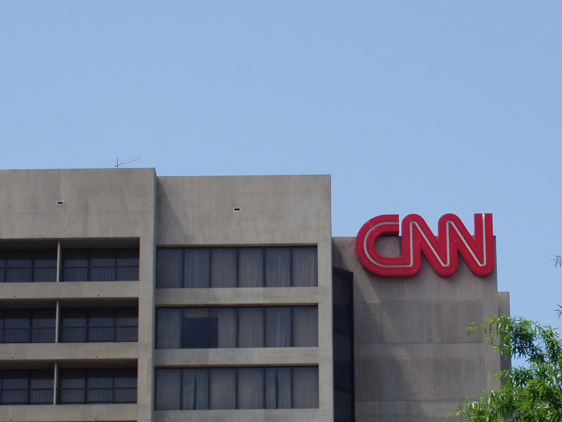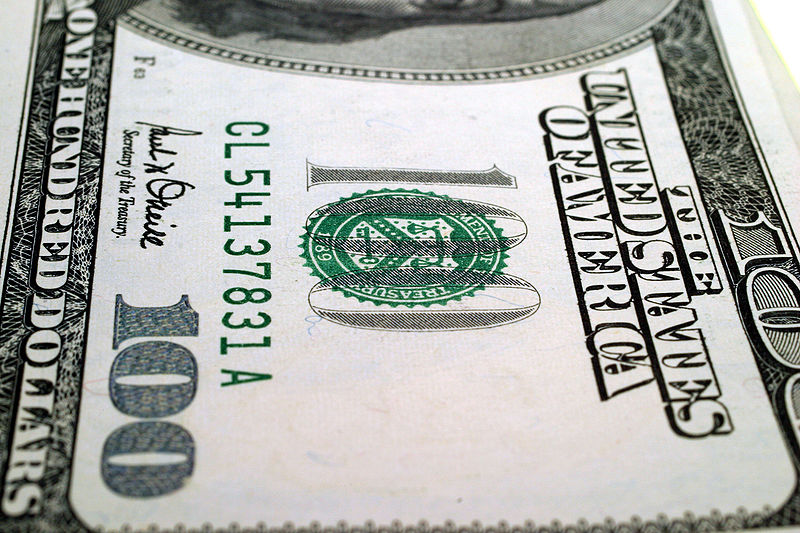Technology & Innovation
All Stories
In the absence of a strong federal response to record unemployment rates, local communities and cities like Cleveland, OH are the ones innovating to create jobs for their citizens.
As a result of burgeoning domestic consumer demand, China posted a rare trade deficit in March but any significant effects are likely to be temporary.
China may rely too heavily on property development to keep its domestic economy running foreshadowing a real estate bubble burst similar to the one in the U.S.
WikiLeaks claims to be working to keep governments and secret organizations in check by publishing classified information, but who is checking up on WikiLeaks?
The Congressional panel investigating the financial crisis wants to know if Freddie Mac and Fannie May were well intentioned or ridden with greed.
Charismatic, forceful leaders have a tendency to produce volatile company performances, writes David Brooks. He imagines an alternate executive model: the “humble hound leader.”
For all the talk about how taxes are too high in the United States, American businesses are paying less now than they used to. In fact, many major corporations don’t […]
Is the financial crisis the best thing that ever happened to former New York Governor Eliot Spitzer? As Jan Hoffman writes in the New York Times today, two years after he resigned in scandal the Sheriff of Wall Street is back on his horse and charging again toward Wall Street reform. Will this focus on reform help the public forget about his fling with high-end call-girl Ashley Dupré?
Economic prognosticators are increasingly looking for indicators in unconventional urban data. The newest offbeat predictors are finding information in obscure places — but can they be trusted in forecasts?
Tuesday’s court ruling, which found that the Federal Communications Commission does not have jurisdiction over how internet providers regulate their service, has sent the FCC’s national broadband plan back to […]
WikiLeaks.org has released graphic video of a U.S. military attack in Baghdad on July 12, 2007 in which twelve people were killed, including a Reuters photographer, Namir Noor-Eldeen, and driver, […]
Glen Whitman writes that economic interventions by policymakers to address anomalies in human behavior “create a serious risk of slippery slopes toward ever more intrusive paternalism.”
Ted Leonsis says his 25 years as an entrepreneur and investor have shown him a link between pursuing happiness and achieving financial success in business.
A state-government default would have all sorts of unpleasant consequences, writes James Surowiecki, but, luckily, U.S. states can count on help from the federal government.
Great competition doesn’t always inspire greatness. When people compete against a superior peer at the top of his game, they often don’t rise to the challenge. Instead, they often just give up.
John Plender looks at the concept of “moral hazard” — the idea that providing a safety net for the banking system during times of financial crisis will only encourage more risk taking later on.
President Obama’s challenge in taking on Wall Street is not unlike a similar challenge that was faced by President Teddy Roosevelt just over a century ago, write Simon Johnson and James Kwak.
A story in the New York Times reveals that the rise of unpaid internships may be illegal: employers may be violating the federal guidelines which determine whether a position can […]
Treasury Secretary Geithner has delayed his report to Congress on the Chinese currency hoping to persuade China to appreciate the Yuan soon.
Hirings in manufacturing and health-care industries boosted the national payroll in March though companies were more likely to take on temporary workers than full-time employees.
The headline in the Atlanta Journal-Constitution sums up the story’s coverage in countless other news outlets: “CNN’s ratings continue to fall; Fox News has best quarter in network history.” The […]
David Brooks writes that the recession has helped teach Americans about the dangers of debt, “but there’s probably going to have to be a public crusade — like the ones against littering and smoking — to hammer the point home.”
The taste of many 2008 pinot noirs from California’s Anderson Valley was tainted by the severe forest fires during the growing season that year.
Michael Lewis is probably best known these days for two great sports books, Moneyball and The Blindside. But he originally made his name with Liar’s Poker, a book based on […]
This past month, Honduras has witnessed an unprecedented series of attacks on journalists: five journalists were killed in March alone, making the country, along with Mexico, one of the two […]
Simon Johnson, MIT professor, former Chief Economist at the IMF and co-founder of BaselineScenario.com, stopped by today to talk about the financial crisis and why we desperately need to get […]
Why did Texas, remarkably, escape the worst of the burst of the real estate bubble? The state has had a comparatively low mortgage default rate through the recession, and Alyssa Katz looks at the broader secret to the state’s success, and what Washington might learn from it.
Journalists often fret over objectivity and neutrality, but the very language they use to report their “objective” stories undercut the possibility of these goals from the start. The headline for […]
A few days ago, I posted about an unusual ad that appeared in my local subway stop. The ad featured a kid with a broken leg hobbling down a hospital […]
After buying 27 percent of Citibank to keep it afloat, the federal government is ready to sell its shares for an estimated profit of $8 billion.










